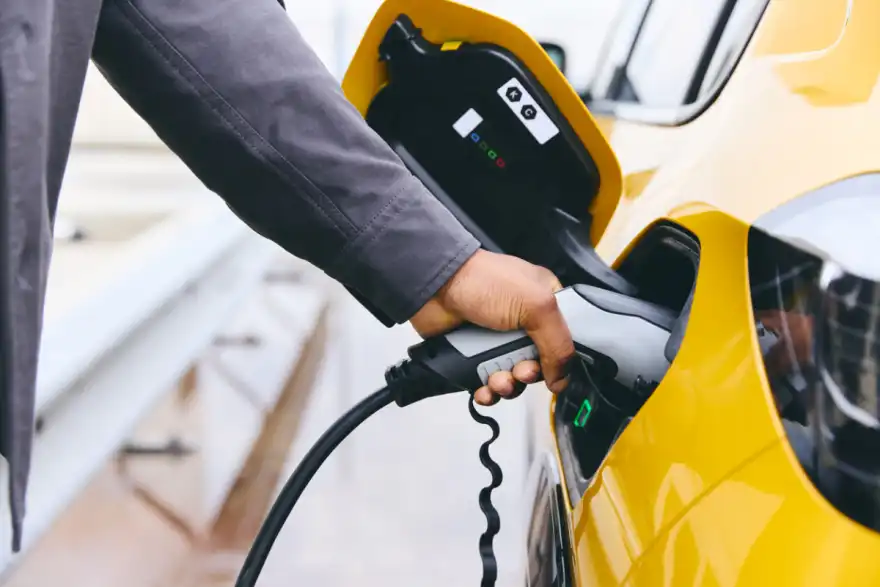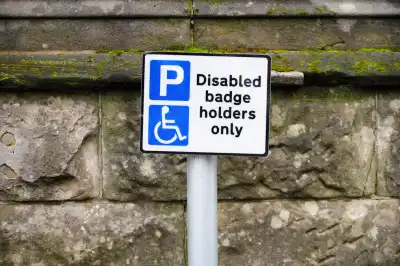
One of the main concerns about switching to electric vehicles is how long the batteries last, with some people worrying that replacement could be expensive. However, a new report aims to ease those concerns, showing that batteries in modern EVs can last 20 years or more.
The study, which looked at data from 5,000 real-world EVs, found that batteries degrade more slowly than parts in internal combustion engine (ICE) vehicles. Geotab, a leader in fleet tracking and vehicle data analysis, conducted the research. Using data from 1.5 million days of vehicle use, they found that EV batteries degrade by just 1.8% per year, which is an improvement from 2019 when the rate was 2.3% per year.
This means that batteries in today’s EVs will likely outlast the vehicle itself, and the idea that EV batteries need frequent replacement is largely a myth. David Savage, vice president for Geotab in the UK and Ireland, said: "With these higher levels of sustained health, batteries in the latest EV models will comfortably outlast the usable life of the vehicle and will likely not need to be replaced.
"However, we still see battery reliability being used as a stick to beat EVs with.
"Hopefully, data like ours can finally put these myths to bed."
Even with a 1.8% annual decline in battery health, the impact on daily driving is minimal for most people. And with the development of new technologies, like solid-state batteries, this degradation rate is expected to drop even further.
To measure battery degradation, Geotab used data collected from charging sessions and driving behaviour. The study covered 21 different EV models, with the best-performing ones showing only 1% battery degradation per year. Factors like battery chemistry and how the battery pack is managed thermally can influence how fast it degrades.
Interestingly, high-mileage EVs didn’t show significantly more battery wear than lower-mileage ones. This is good news for fleet operators, as EVs become more cost-effective the more they’re driven.
Battery degradation is a natural process that reduces a battery’s ability to store energy. However, because EV batteries are often more powerful than the vehicle’s components can fully use, the loss of power isn’t noticeable in most cases. Instead, the focus is on the battery's capacity to store energy, which declines over time.
For example, a 60kWh battery with 90% health functions like a 54kWh battery. But with the slow rate of degradation, most drivers won’t notice a big difference during the typical life of their vehicle.




